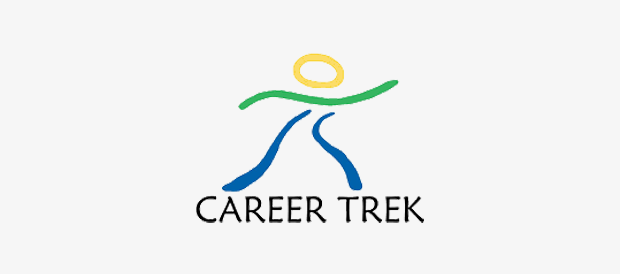
Understanding and promoting career exploration for children and youth has generally relied upon transmitting knowledge to students for future consideration rather than investigating children’s perspectives on career exploration and how these change as they develop. This study, undertaken by Career Trek with the University of Manitoba and University of Winnipeg, will be the second phase of a quantitative project on children’s career development. The first phase surveyed 1,470 Grade 5-12 students in four Manitoba school divisions from 2010 – 2013. The survey measures included four questionnaires that assessed children’s career exploration knowledge, parental involvement in career exploration, career decision making, and peer and school contexts.
The next study will use focus groups to expand on the findings of the quantitative study. In this study, children’s career exploration is viewed as a developmental process that begins in elementary years and continues throughout senior years until such time as they establish a path to post-secondary education. In contrast to research that typically focuses on a specific population at a single point in time, the intent of this project is to explore specific influences on children’ and youth’s career development over time. A series of cross-sectional studies will be conducted with all age groups – 5/6, 7/8, 9/10, 11/12. Former and current Career Trek participants will also be included.
Questions explored in the research will address:
- Children and youth’s definition of career exploration
- Any identified changes that have occurred over time
- Identification of factors that influence their career development (family, peer, school, volunteer experiences, media influences)
- Identified needs to help develop their process of career exploration
Participants will be asked about their career exploration knowledge and activities; their participation in formal career exploration programs; their post-school plans; relationships with family, peers and educators; work, school, volunteering, past accomplishments and future goals. Concurrent groups will be held with teachers and parents to determine their perspectives on their roles in facilitating children’s career development.
Building upon the results of the earlier quantitative study, the focus of this Retention Study component will be on evaluating whether participation in career development programming has an effect on educational outcomes, grades, career decision-making self-efficacy, career outcome expectancy, and career development.
Also as part of the research, an Outcomes Study will examine the educational achievements, career choice and career outcomes of youth who took part in the Career Trek program over the past 10 years. Career Trek was established in 1997 and aims to provide youth with knowledge, skills and attitudes required to successfully complete high school and transition to post-secondary education.
